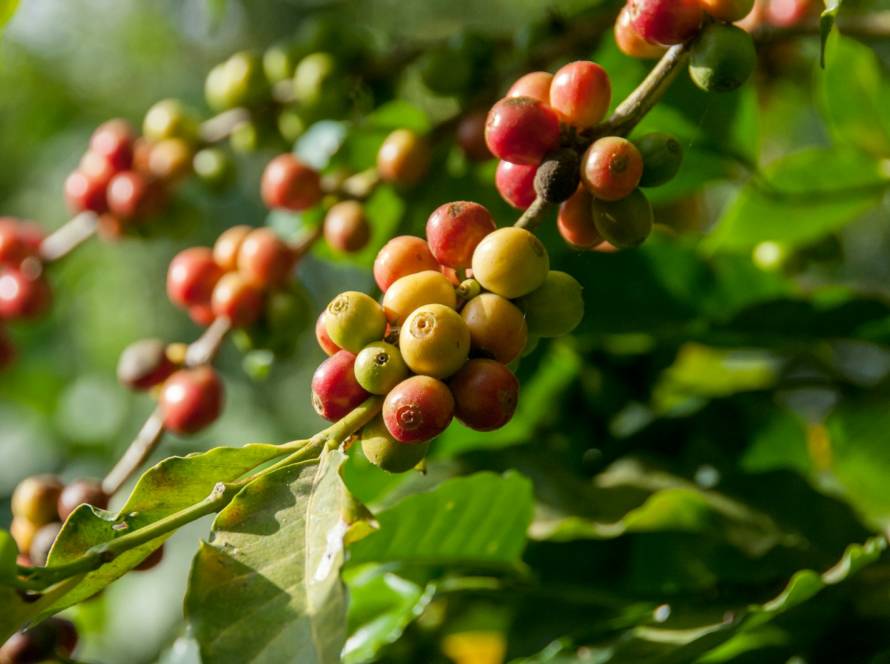Sustainability revolution in coffee production
Coffee, the beloved beverage consumed by millions around the globe, has a significant impact on both the environment and the communities involved in its production. As concerns about sustainability and ethical sourcing continue to rise, the coffee industry faces increasing pressure to adopt environmentally friendly practices and ensure the well-being of farmers. In response, various stakeholders, from growers to consumers to industry giants, are spearheading initiatives to make coffee production more sustainable. This article explores the current state of sustainability in the coffee industry and the measures being taken to create a more environmentally and socially responsible supply chain.
The Environmental Impact of Coffee Production: Coffee cultivation has a multifaceted environmental footprint, ranging from deforestation and habitat destruction to water pollution and greenhouse gas emissions. Historically, traditional farming methods, including sun cultivation and the use of agrochemicals, have contributed to soil degradation and biodiversity loss in coffee-growing regions. Additionally, the extensive water usage and energy consumption involved in processing and transporting coffee further exacerbate its environmental impact.
Sustainable Farming Practices: Recognizing the need for change, many coffee farmers are transitioning to sustainable farming practices that prioritize environmental conservation and promote biodiversity. One such practice is shade-grown coffee, which involves cultivating coffee plants under a canopy of trees. Not only does this method preserve forest habitats and support diverse ecosystems, but it also helps regulate soil moisture and temperature, reducing the need for irrigation and chemical fertilizers.
Moreover, agroforestry techniques, such as intercropping coffee with other crops like fruits or vegetables, enhance soil fertility and crop resilience while providing additional sources of income for farmers. Implementing organic farming methods further minimizes the use of synthetic pesticides and fertilizers, thereby reducing soil and water contamination.
Certifications and Standards: Certification programs like Fair Trade, Rainforest Alliance, and UTZ provide consumers with assurance that the coffee they purchase meets certain social and environmental standards. These certifications often require adherence to criteria such as fair wages for farmers, sustainable land management practices, and community development initiatives. By choosing certified coffee products, consumers can support ethical and environmentally responsible coffee production while empowering farming communities.
Innovations in Processing and Packaging: Beyond cultivation, innovations in coffee processing and packaging are also contributing to sustainability efforts. Water-efficient processing methods, such as the use of eco-pulpers and wet-milling technologies, minimize water usage and pollution in coffee processing facilities. Additionally, advancements in compostable and biodegradable packaging materials offer more eco-friendly alternatives to conventional plastic packaging, reducing the industry’s plastic waste footprint.
Consumer Awareness and Demand: The growing awareness of environmental and social issues surrounding coffee production has prompted consumers to demand more sustainable options. This shift in consumer preferences has led to increased market demand for ethically sourced and environmentally friendly coffee products. As a result, coffee companies are under pressure to prioritize sustainability throughout their supply chains, from sourcing green beans to packaging and distribution.
Collaborative Initiatives and Partnerships: Addressing the complex challenges of sustainability in the coffee industry requires collaboration among various stakeholders, including coffee growers, traders, retailers, NGOs, and governments. Initiatives such as the Sustainable Coffee Challenge and the 4C Association bring together industry players to promote sustainability practices, share knowledge, and drive collective action. Through partnerships and collaborative efforts, the coffee industry can accelerate progress towards a more sustainable future.
The sustainability of coffee production is a multifaceted issue that encompasses environmental conservation, social equity, and economic viability. While significant progress has been made in recent years, challenges such as climate change, price volatility, and market access continue to pose obstacles to achieving truly sustainable coffee supply chains. However, with continued commitment from all stakeholders, including consumers, producers, and policymakers, the coffee industry can work towards a more sustainable and equitable future for all involved. By supporting sustainable coffee practices, consumers can not only enjoy their favorite brew guilt-free but also contribute to positive change in coffee-growing communities around the world.





